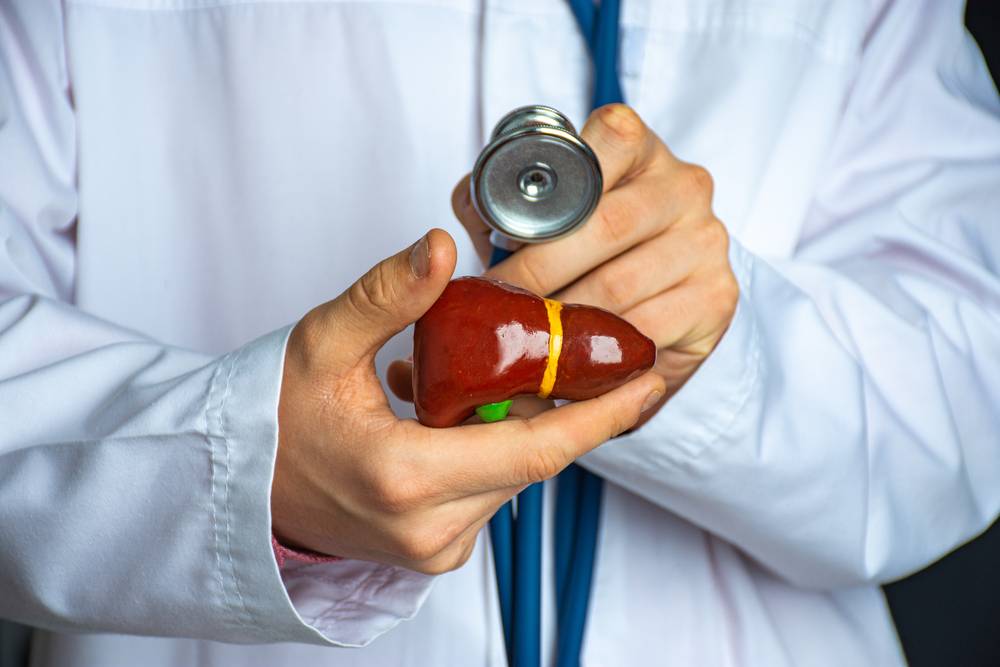World Hepatitis Day is celebrated every year on 28th July to raise awareness about this condition. On this special day, efforts are made at both the national and international levels to make individuals aware of this condition and how they can prevent its occurrence. Medical Channel Asia has prepared a series of articles to discuss about liver, its functions and the different hepatitis conditions.
Hepatitis is a condition that affects the liver. It is divided into various categories depending on the type of virus causing the condition. One such category of hepatitis is hepatitis A.
What is hepatitis A?
Hepatitis A is a disease of the liver caused by the hepatitis A virus. It is a highly contagious viral infection that can spread through close contact with an infected person. Contaminated food and water can also be the cause of this infection.
Hepatitis A infection can result in the inflammation of the liver, which can affect its normal functioning.
What are the causes of hepatitis A?
The main cause is eating or drinking contaminated food and water. If the food or water is handled by an infected person who has not maintained personal hygiene while handling the food, the chances of contracting the infection are high. Eating raw shellfish grown in contaminated water can also cause hepatitis A.
Once you contract the infection, you can easily spread it to others through close contact.
Who are at risk of developing hepatitis A?
Individuals who are at risk of developing hepatitis A:
- Close contact with a person infected with hepatitis A
- Have sexual contact with an infected person
- Improper or illegal use of intravenous drugs
- Those with occupational risk (handles live virus at work)
- Consume food that is contaminated by the virus
- Men who have sex with other men
If you are an HIV-infected person or has chronic liver disease, the chances of contracting the infection are very high.
What are the symptoms of hepatitis A?
Symptoms usually appear a few weeks after you have contracted the infection. Adults are more likely to have symptoms than children. Some people may even be asymptomatic. Possible symptoms that be appear includes:
- Fatigue followed by nausea and vomiting
- Pain or discomfort in the abdominal area
- Loss of appetite
- Change in the colour of bowel and urine
- Joint pain
- Yellowing of the white of the eyes and skin
How can you prevent contracting the infection?
The best way to prevent the infection is by taking the hepatitis A vaccine. The vaccine is provided in the following doses in various Asian countries.
- China: In China, the vaccine is provided as a routine childhood vaccine at the beginning of 18 months.
- Singapore: In Singapore, the vaccine is not compulsory. Singaporeans can opt for the vaccine is given, in which the 2 doses are given six months apart.
- India: The vaccine is a compulsory vaccine in India and is part of the childhood vaccine. It can be received any time after one year. There should be six months gap between the first and second doses.
But if you have developed an allergy to the first dose of the vaccine or is allergic to any of the vaccine’s components, you should refrain from getting fully vaccinated.
Besides vaccination, the following safety precautions should also be taken.
- Practice good hygiene in handling and preparing food
- When travelling overseas:
- Avoid raw fruits, vegetables and shellfish
- Drink only from bottled water or boiled water
- Brush your teeth with bottled water
- Avoid eating at unhygienic locations
When should you see a doctor?
You should see a doctor if you have any of the symptoms listed above. Similarly, if you have come in close contact with a hepatitis A patient or had sexual contact with an infected person, you should consult a doctor immediately. If the hepatitis A vaccine is taken within two weeks of exposure, it can protect you from possible infection.
How to treat hepatitis A?
There is no particular treatment as the virus gets cleared on its own.
Since a hepatitis A patient is tired quite often, rest is highly recommended. If you feel nausea, try to eat small portions of the meal rather than a full meal at a time. Drink plenty of fluid to prevent dehydration.
The doctor might prescribe over the counter medication to help with the symptoms. It is advisable to avoid alcohol by any chance, as it can damage your liver further.
Bottom line
As compared to other forms of hepatitis, Hepatitis A is not fatal. However if proper care is not taken, it can result in acute liver failure. To prevent this, always consume food from that have been handled in a hygienic manner. If you suspect you have come into close contact with an infected person, you should consult a doctor immediately. Vaccination at the proper time can protect you from possible complications of this condition.

